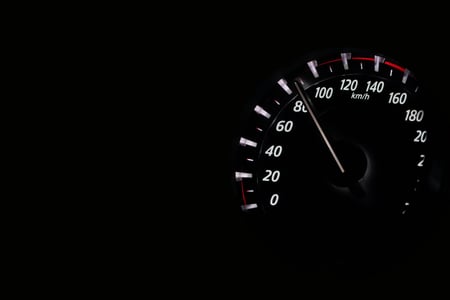It’s your right to challenge the state of Massachusetts to meet its burden of proof. The stakes are much higher on a second OUI. If you fight your second OUI charge, have an experienced attorney at your side.
A second OUI offense is considered a misdemeanor under Massachusetts law unless the OUI resulted in serious bodily injury or death. But don’t let the misdemeanor label fool you. A Second Offense OUI is a serious criminal charge that has severe consequences.
You should speak with an attorney as soon as possible if you are facing these charges.
Massachusetts is harsher on OUI offenders than other states – it is particularly harsh on people with multiple offenses. If convicted of a second OUI charge you could face the following maximum penalties:
- A fine of $600 to $10,000
- Imprisonment of 60 days to 2.5 years
- A 2-year loss of your driver’s license
You could also face an additional 3-year license loss if you refused to take a breath test.
For these reasons alone, it’s usually a good idea to fight your second OUI charge. At the very least, you should have an attorney examine your case and advise you on your best option. The stakes are higher than on a first offense, and a guilty verdict could have a significant impact on your life.
Under the law, you have a right to a defense. Even if you feel like you did something wrong, pleading “not guilty” does not mean you are “lying” or otherwise being dishonest. You are simply challenging the State of Massachusetts to meet its burden of proof against you. You are presumed innocent until proven guilty under the law.
Regardless, you should never attempt to fight an OUI charge without an OUI attorney.
How an Attorney Will Fight Your Second OUI Charge
Your attorney will review the details of your case and advise you on the best way to move forward. If your attorney believes you have a viable defense, they will represent you in court to fight your second OUI charge.
An OUI attorney will typically fight your OUI charge by attempting to establish the following:
- That the police stop was unlawful
- That chemical testing was done improperly
- That chemical testing evidence is faulty or unreliable
- That field testing was done improperly
- That your Miranda rights were violated
- That other evidence was collected improperly
- That the proper procedures were not followed by police or the prosecution
- That you have an exception due to a medical condition
- Other arguments depending on the details of your case
Every OUI case is unique. An attorney may be able to identify defenses for your case that you are not yet aware of.
If you obtain a favorable outcome, your case could be dismissed, or you could receive a verdict of “not guilty.” Most people facing a second OUI charge do not go to jail.
What Happens If I Lose My Case?
Most Second Offenders receive the “Alternative Disposition” The Alternative Disposition provides for the completion of a 14-Day Inpatient Alcohol Treatment Program in lieu of the minimum mandatory jail sentence of 30-days. It’s the most common outcome of second offense OUI cases. Most judges favor this disposition because it promotes treatment over punishment.
If your second OUI resulted in bodily injury or death, this disposition is not available to you, however.
In this disposition, you’d serve out the following punishments:
- Up to 2 years of probation
- Mandatory attendance at a 14-day inpatient residential alcohol treatment program
- Participation in outpatient aftercare
- A 2-year loss of your driver’s license
If your prior offense occurred more than 10 years ago, you may be eligible to receive a first offender’s disposition and face less severe penalties.
If you are eligible, your attorney will attempt to get you a hardship license. If you obtain one, you would be required to install an ignition interlock device in your car, commonly known as a “car breathalyzer.”
If you choose to fight your charge, your attorney will argue your case at trial. If a judge or jury convicts you, the judge will impose a penalty within the range listed at the top of this page.
The stakes are high for a second offense. Talk to an experienced OUI attorney as soon as possible to learn how to fight your second OUI charge.



